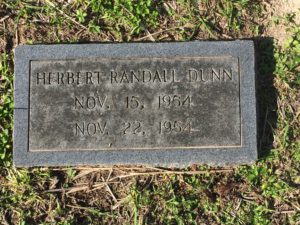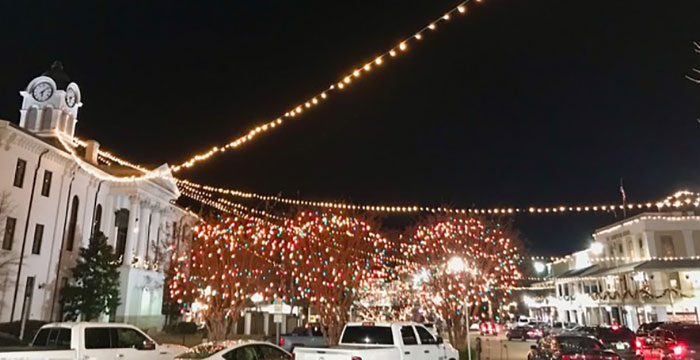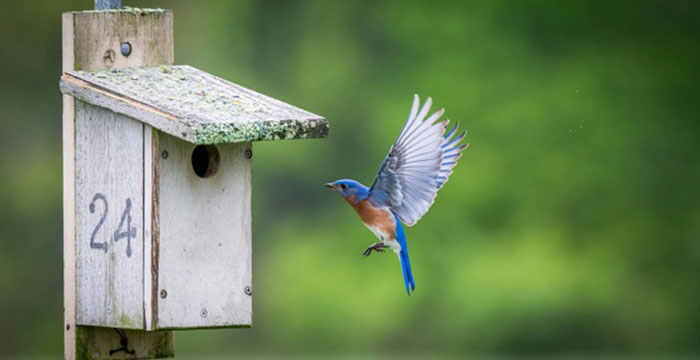Can you have a funeral for someone who died 42 years ago? Last week, I wrote about having to delay the burial of my mother-in-law’s ashes for ten months because of COVID. Why not 42 years? In 1996, I officiated this long-delayed funeral, choking back tears.
The summer of 1996 turned out to be a terrible one for me. I went through an unspeakable loss that involved a major betrayal and abandonment. By August, I couldn’t get my dead brother, Randy, out of my mind amidst my grief and sadness. By that time, he had been gone over 41 years.
Randy only lived a week, and never left the hospital. He was born without functioning intestines. It was clear that he would die within days. This was back when children were not permitted to visit hospitals, and I was just six years old. I never saw Randy. I never held him. I did not know what it was like to look upon his face.
And yet, during that summer, I missed him. Fresh grief has a way of bringing up old grief you didn’t even know you had.
The backstory
Mom and Dad were visiting for our son’s high school graduation in 1993. After dinner one evening, Randy somehow came up in conversation. I said to my parents, “Tell me about Randy’s death.”
Instantly, Mom burst into tears. Once she could speak, she said, “My father would not let me go to Randy’s funeral.”
My grandfather was a funeral director and arranged to remove my brother’s body quickly from the hospital. Mom had already been sent home, leaving her newborn son behind to die alone. Dad attended the graveside service, but my grieving mother was not allowed. My controlling, alcoholic grandfather decided it would be better for Mom to avoid the pain of putting her child in the ground.
In somewhat of a defense of my grandfather, this was how things were done in 1954. Avoid the pain and go on with your life as if nothing happened. At the time, funeral directors were the only grief experts. Granddaddy was doing what he thought best.
Nowadays, we encourage the parents, and even siblings, to hold their lifeless child. Some families even wash their children, preparing them for burial. These rituals are such an important part of the grief process.
Fresh grief, old grief
Although I always was aware of Randy’s short life, I can never remember him coming up in conversation until my inquiry in 1993. Just mentioning his name opened the floodgates. My mother carried that huge ocean of grief just below the surface all these years.
Did thoughts about Randy painfully arise when Granddaddy died? Randy died on November 22nd. Did Mom think about Randy when President Kennedy was killed on that same day nine years later? Did she think about Randy at my graduation from high school? I am guessing she thought of Randy all the time. I never knew.
When my father was taking his last breath in 2002, Mom’s parting words to him were, “You’re going to see Randy before me.”
Grief never goes away
Although I was not conscious of it, the loss of my brother was always a part of me, too. It didn’t occur to me until I was in the depths of despair that summer of 1996.
As Thanksgiving approached that year, I got an idea. My daughter and I were going to spend it with my parents in Florida. I decided to go to Randy’s grave and conduct a personal graveside service — a ritual. I called Mom and Dad and told them my plan, inviting them to join me. Mom said, “I would love to. You know what I told you about my father.” Indeed, I did.
 So, on Thanksgiving 1996, 42 years after his death, we had a funeral for my brother. Mom, Dad in his wheelchair, my brother, his wife, my daughter, and I gathered at the grave. I read the words of committal (“Ashes to ashes, dust to dust”) and Psalm 23 (“The Lord is my shepherd”), we said the Lord’s Prayer, and I stammered through a prayer about Randy.
So, on Thanksgiving 1996, 42 years after his death, we had a funeral for my brother. Mom, Dad in his wheelchair, my brother, his wife, my daughter, and I gathered at the grave. I read the words of committal (“Ashes to ashes, dust to dust”) and Psalm 23 (“The Lord is my shepherd”), we said the Lord’s Prayer, and I stammered through a prayer about Randy.
We turned toward each other. We embraced. We wept deeply. Forty-two years of sorrow ran down our cheeks.





